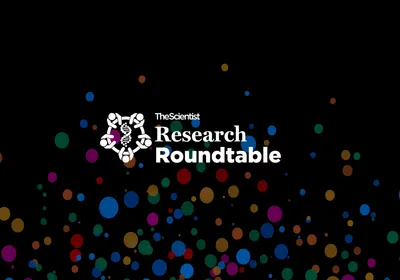Genetic material may vary between blood cells and other tissues in a single individual, a study in the July issue of Human Mutation reports.
The study "raises a very interesting question," Howard Edenberg, director of the Indiana University School of Medicine's center for medical genomics, told The Scientist. Many genome-wide association studies—especially studies on systemic diseases such as diabetes and atherosclerosis—depend solely upon DNA harvested from blood samples to identify genes associated with medical conditions. But this study "suggests that looking only at blood, you may miss some things."
Searching for the genes behind a fatal condition called abdominal aortic aneurysm (AAA), researchers from McGill University in Montreal found that complementary DNA from diseased abdominal aortic tissue did not match genomic DNA from leukocytes in blood from the same patient. "We did not expect to find a difference in the tissue [genes] compared to the leukocyte [genes]," said endocrinologist Morris ...





















